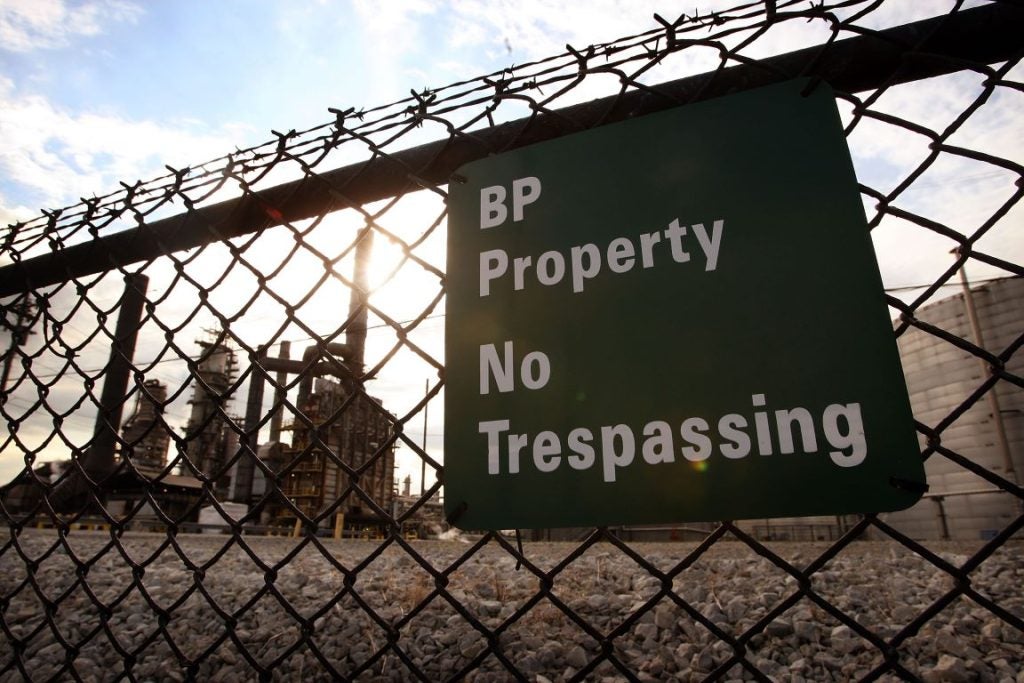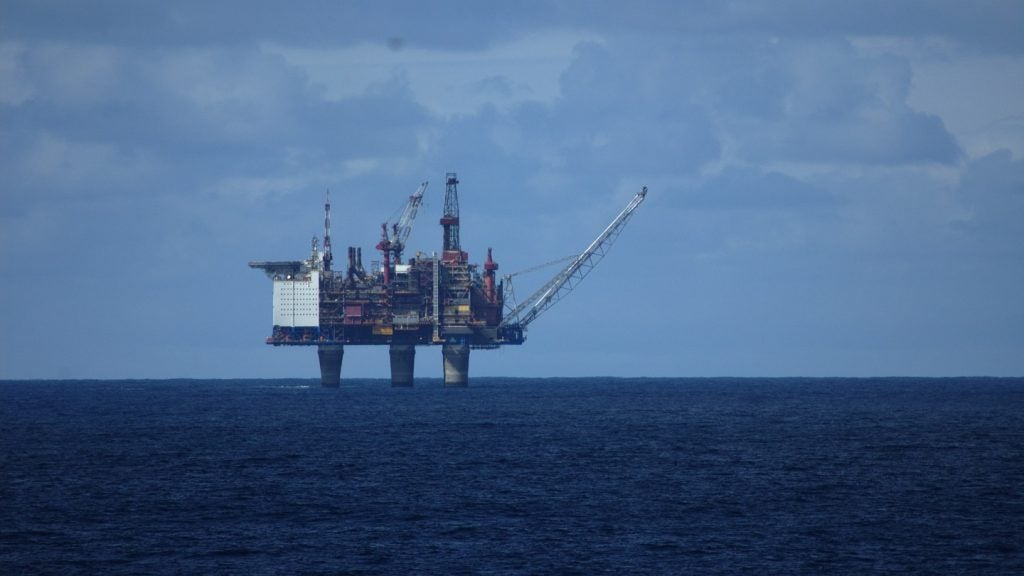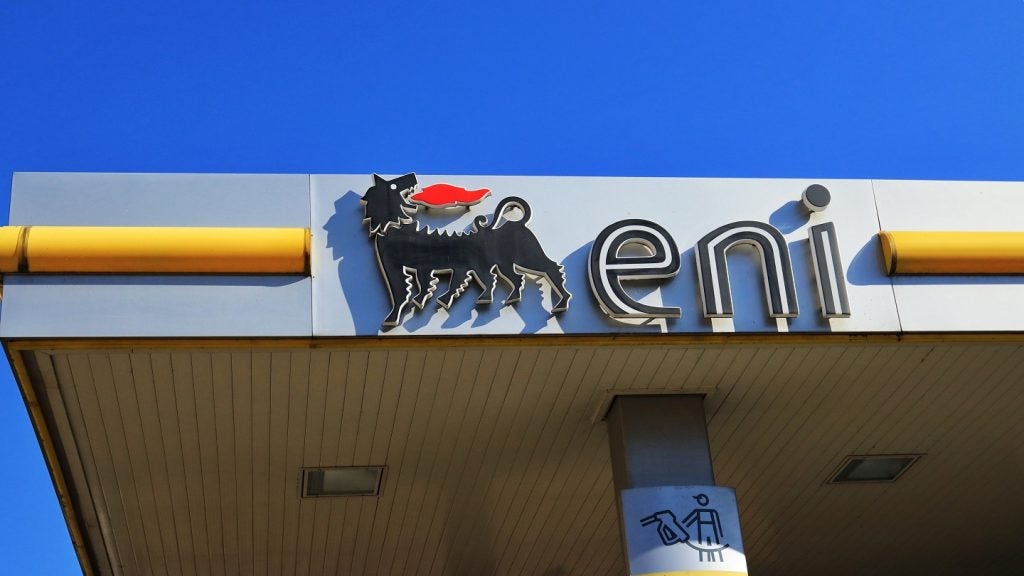Shell announced on Thursday that the company had registered a profit of $28bn (£22.03bn) in 2023, a 30% decline from the previous year’s all-time high due to lower energy prices and demand. Despite this, the company increased its dividend by 4% and extended its share repurchases.
In the fourth quarter of 2023, the company achieved adjusted earnings of $7.3bn due to strong operational performance and strong LNG trading and optimisation results.
Additionally, the company generated $12.6bn from cash from facility operations (CFFO) for the quarter, bringing the total CFFO to $54.2bn for 2023. The company also distributed $23bn to shareholders in 2023, “in excess of 40% of CFFO for 2023”.
Shell CEO Wael Sawan said: “In 2023, Shell returned $23bn to shareholders. In line with our progressive dividend policy, Shell is increasing its dividend by 4%. We are also commencing a $3.5bn buyback programme for the next three months.
“We have already achieved one billion in structural cost reductions, well on our way to a reduction of $2–3bn by the end of 2025,” he added.
Sawan told the Financial Times (FT) that Shell is also closely observing the situation in the Red Sea. Due to the attacks by Houthi rebels, some companies have had to redirect their shipments. However, Shell has been able to find alternative methods to serve its customers thus far.
“It is a bit easier on crude and LNG [liquefied natural gas], where we [can] tap into various supply points that we have to meet customer demand,” he said. “A bit tougher on [refined] oil products because most of the flows typically go from east to west, so that gets impacted,” the FT reported.
The lower chemicals and refining profit margins and slower fuel sales caused by sluggish global economic activity saw Shell’s 2023 profits fall following a successful 2022, driven by a surge in energy prices after the Russian invasion of Ukraine in 2022.
Criticism from environmentalists and think tanks
However, environmentalists and think tanks have not received Shell’s announcement well. Greenpeace activists dressed as Shell board members with a burning sign reading ‘Your Future’ staged at a mock party outside Shell headquarters as the company announced its profits.
🚨 BREAKING: Shell has just announced annual profits of more than £22 BILLION.
— Greenpeace UK (@GreenpeaceUK) February 1, 2024
They are BURNING OUR PLANET and laughing all the way to the bank.
How on earth is this fair? pic.twitter.com/ir1Yb3oJM4
Maja Darlington, campaigner at Greenpeace UK, said: “It would take the average British worker over 640,000 years to earn as much as Shell did last year. Our government must make oil companies like Shell stop drilling and start using their immense wealth to pay for the damage they are causing before all our futures go up in flames.”
Shell CEO Wael Sawan has abandoned the company’s green strategy, ramping up gas production, exploring new oil and gas, and slashing investment and jobs from Shell’s renewables division, Greenpeace says. It reported that Sawan promised shareholders 2023 payouts of at least $23bn, more than six times as much as Shell planned to spend on renewables last year, after posting record profits in 2022.
Scottish Greens climate spokesperson Mark Ruskell said: “Doubling down on oil and gas will never offer us any sustainable future. All over Scotland and beyond, our broken energy markets are forcing households and families to pay sky-high bills.”
Shell delivered the second-highest cash flow from operations in the company's history despite the external uncertainty and volatility last year.
“If Shell wants to leave any kind of positive legacy, then it must reinvest its profits in a fair and just transition to clean energy and renewables,” Ruskell added.
Shell filed a multimillion-dollar lawsuit against Greenpeace in late 2023 in response to a protest in which activists occupied a moving oil platform to voice their disdain over climate change damage. According to the non-profit organisation, the lawsuit demands $1m in damages and legal costs that could amount to millions, making it one of the biggest legal threats against Greenpeace in more than 50 years.















